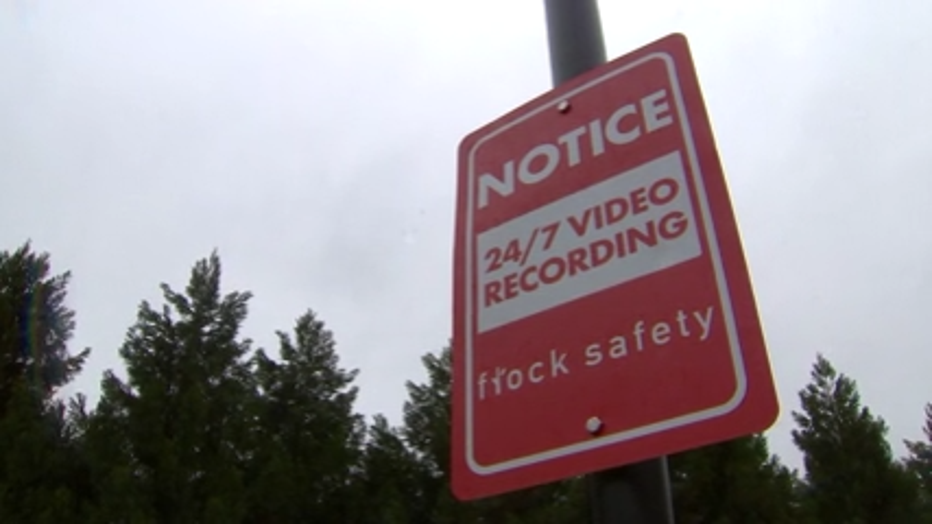Virginia city facing lawsuit over license plate readers

Norfolk hit with lawsuit over license plate camera use
Two Norfolk, Virginia, residents are suing the city over its use of license plate readers, claiming the cameras violate their privacy by tracking their movements. FOX 5's Katie Barlow has all the details.
NORFOLK, Va. - Two Norfolk, Virginia, residents are suing the city over its use of license plate readers, claiming the cameras violate their privacy by tracking their movements.
Norfolk police have partnered with Flock Safety to install over 150 cameras throughout the city.
These cameras capture still images of vehicles on public roads up to 3-4 times a day and are intended to help resolve Amber Alerts, recover stolen vehicles, and combat crime.

However, a 20-year Navy veteran and a home healthcare worker are pushing back, arguing that the cameras infringe on their constitutional rights.
"Sure, it might solve some crimes, but then why don’t we put cameras in people’s homes?" said Robert Frommer, attorney for the plaintiffs from the Institute for Justice. "Why don’t we just trail them everywhere they’re going? After all, that’s really what Flock is doing here. As the Framers noted, you can’t enjoy your life, you can’t enjoy your private property if you have to be constantly looking over your shoulder."
The lawsuit centers around the Fourth Amendment, which protects against unreasonable searches and seizures. The plaintiffs argue that the cameras track public movements for 30 days without a warrant, which they say qualifies as an unconstitutional search.
Flock Safety defends the cameras, explaining that they only capture a few images per day and that the data is permanently deleted after 30 days.
In a statement to FOX 5, Flock Safety said, "License plates are issued by the government for the express purpose of identifying vehicles in public places for safety reasons. Courts have consistently found that there is no reasonable expectation of privacy in a license plate on a vehicle on a public road, and photographing one is not a Fourth Amendment search."
A federal judge in Virginia recently sided with Flock, ruling that there is no reasonable expectation of privacy for the exterior of a vehicle on public roads. But the broader question remains: Could these cameras lead to all-encompassing surveillance that crosses constitutional boundaries?

